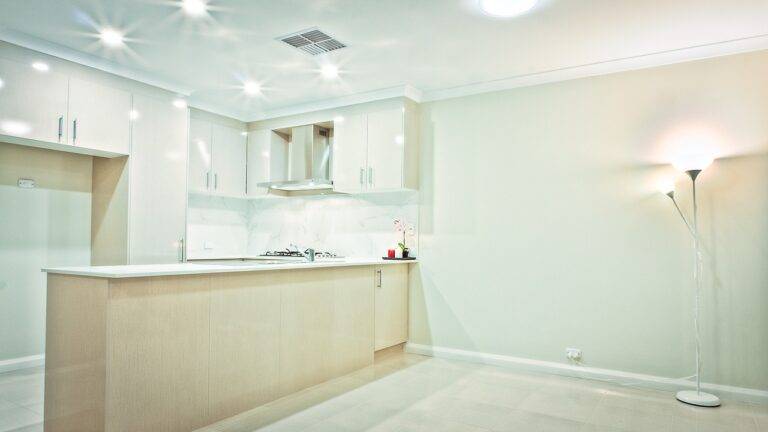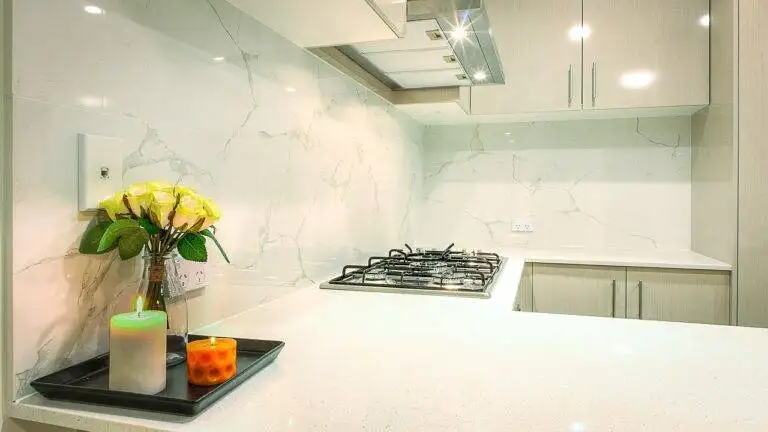Sustainable Event Venues: Green Building Materials and LEED Certification: Betbhai 9, Playexch, Gold365.win login
betbhai 9, playexch, gold365.win login: Sustainable Event Venues: Green Building Materials and LEED Certification
Planning a successful event involves many moving parts, from selecting the right venue to coordinating food and entertainment. As more attention is being drawn towards sustainability and environmental impact, event planners are looking for ways to make their events more eco-friendly. One key aspect of this movement is choosing sustainable event venues that prioritize the use of green building materials and achieve LEED certification.
What are Green Building Materials?
Green building materials are materials that are environmentally responsible and resource-efficient throughout their life cycle. These materials are often sourced locally to reduce transportation emissions, produced using renewable energy sources, and are non-toxic to minimize harm to human health and the environment. Examples of green building materials include recycled glass countertops, bamboo flooring, and low VOC paint.
Benefits of Green Building Materials in Event Venues
1. Reduced Carbon Footprint: By using sustainable materials, event venues can reduce their carbon footprint and environmental impact.
2. Healthier Environment: Green building materials create a healthier indoor environment for event attendees by minimizing toxic emissions.
3. Cost Savings: While initial costs may be higher, green building materials can result in long-term cost savings through reduced energy consumption and maintenance.
4. Positive Brand Image: Choosing a sustainable event venue can enhance the brand image of the event host and attract environmentally-conscious attendees.
LEED Certification for Event Venues
LEED (Leadership in Energy and Environmental Design) is a globally recognized green building certification program. Event venues can achieve LEED certification by meeting certain criteria related to sustainable site development, water savings, energy efficiency, materials selection, and indoor environmental quality. LEED-certified event venues demonstrate a commitment to sustainability and environmental responsibility.
Key Factors to Consider When Choosing a Sustainable Event Venue
1. Location: Choose a venue that is easily accessible by public transportation to reduce carbon emissions.
2. Energy Efficiency: Look for venues equipped with energy-efficient lighting, heating, and cooling systems.
3. Waste Management: Ensure the venue has a recycling program in place to minimize waste sent to landfills.
4. Water Conservation: Select venues with water-saving fixtures and landscaping to reduce water consumption.
5. Green Building Materials: Prioritize venues that use sustainable materials and are LEED certified.
6. Indoor Air Quality: Opt for venues with good ventilation and low VOC materials to promote a healthy indoor environment.
FAQs
Q: How can I find sustainable event venues in my area?
A: You can search online directories or inquire with local event planning companies that specialize in sustainable events.
Q: Does using green building materials increase the cost of venue rental?
A: While initial costs may be higher, the long-term cost savings from energy efficiency and reduced maintenance can offset the initial investment.
Q: How can I promote the sustainability of my event venue to attendees?
A: Highlight the venue’s green features in promotional materials and on event signage to raise awareness among attendees.







